Industrial / Commercial Air Filters and Liquid Filtration
Search Products
At R.P. Fedder, we’ve been experts in the science of filtration for over 60 years. With our knowledge, resources, and state-of-the-art commercial air filters, we have solutions for any workspace.
We know better than anyone that large commercial sites have unique HVAC needs. Whether it’s occupants with air sensitivities or delicate equipment with precise requirements, air quality is more important today than ever.
When you need effective filtration that meets your industry’s current air quality regulations, look no further than R.P. Fedder.
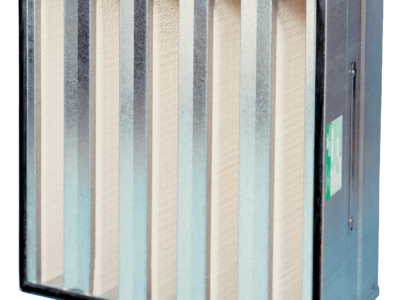
High-Efficiency Cylinder Filters

Replacement Commercial HEPA Filters
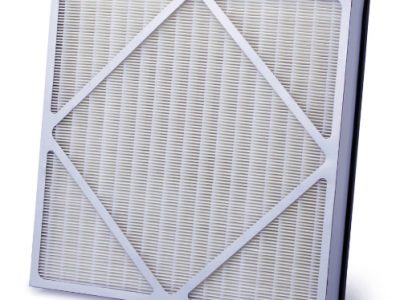
Mini Pleat Air Filters
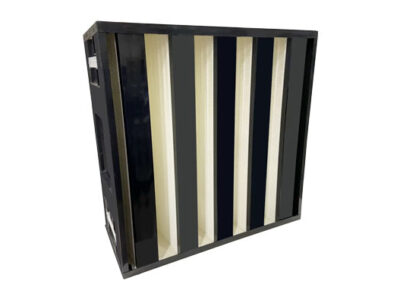
Custom HEPA Filters
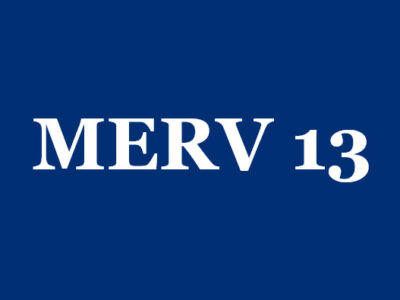
MERV 13 Filters
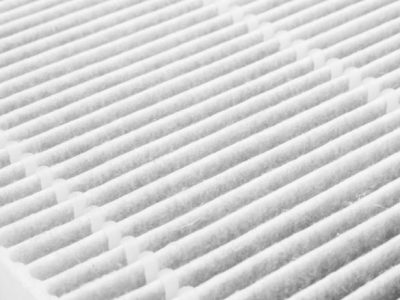
General Air Filtration
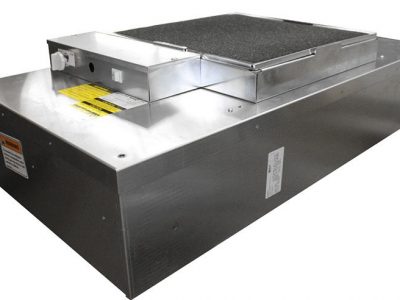
HEPA & ULPA Filtration
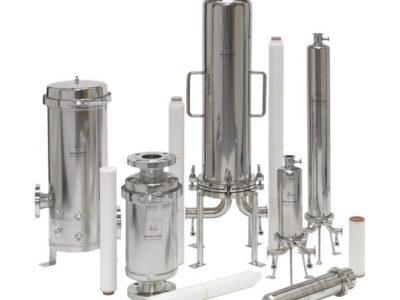
Liquid Filtration
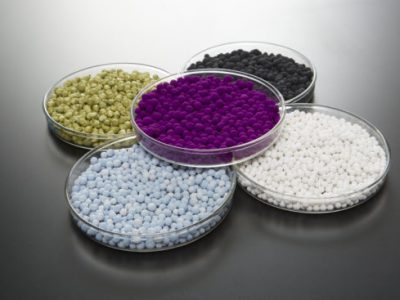
Molecular Filtration
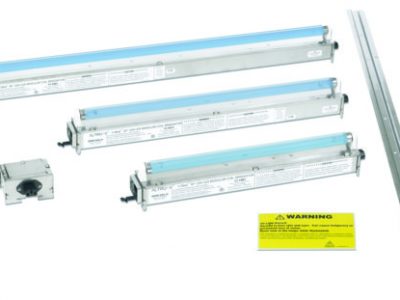
Ultraviolet Systems (UV)
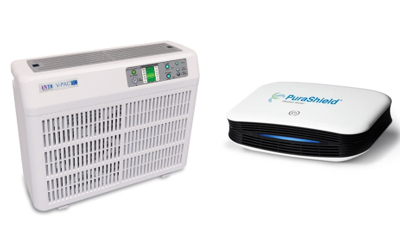
Air Cleaners & Air Purifiers
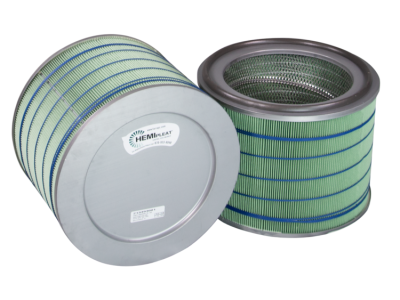
Dust, Fume and Mist Collectors
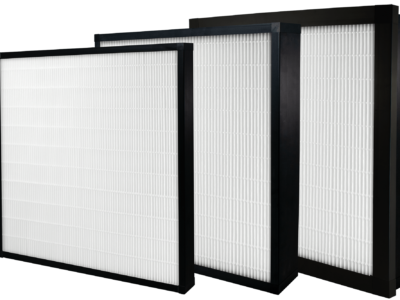
Premium Air Filters – A Good Investment for Businesses
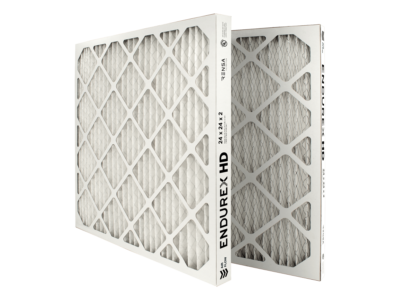
Rensa ENDUREX HD
Clean Air and Your Bottom Line
The air quality provided by your commercial air filters can directly affect your bottom line. Think about it—dirty air is full of particles like pollen, dust, and smoke.
According to safety research, when your employees breathe this air throughout their shift, they’re more likely to take sick days due to illness or allergies.
And when your workspace is full of clean, healthy air? Your workforce will likely see a productivity boost, improved concentration, and overall better performance. An investment in your air filters is an investment in your business’s future revenue.
Employee health is just one consideration, but when it comes to needing clean air there are many more.
Meeting Air Filtration Requirements
It seems with every passing day, industrial and commercial businesses have more air filtration requirements to contend with. This isn’t a bad thing—cleaner air is always a positive.
But we know how frustrating it can be to constantly keep up with these new regulations and ensure your HVAC system is fully compliant.
That’s why at R.P. Fedder, our commercial air filters undergo stringent review and analysis. We’ve been dedicated to making air filtration solutions simple for 60 years, and we strive to raise that bar every single day.
From HEPA filters to molecular filtration—and everything in between—you can always count on us for energy-efficient, high-performance, and hassle-free options.
Common Misconceptions and Myths
Over the years, several myths and misconceptions have become “common knowledge.” Knowing how to separate fact from fiction can help you maximize the efficiency of your commercial air filters.
One of the most persistent myths is that your filter only needs replacement when it’s visibly dirty. In reality, many microscopic particles caught by your system aren’t visible to the naked eye. This is why following the manufacturer’s recommendations for replacement is so crucial.
The idea that reusable filters are always the best option is another popular misconception. These seem cost-effective on paper, but often require frequent cleaning and upkeep. This ongoing maintenance can quickly eat up the projected savings of a reusable option.
Industrial and Commercial Air Filters for Any Workspace
No matter what type of environment, climate, or zoning systems you have, our filtration products are designed with you in mind. We consistently fine-tune our offerings as the needs of industrial and commercial facilities evolve.
Need a low pressure drop MERV 13 filter for super-clean air? Or maybe you’re ready to explore custom options to meet your specific needs?
Just get in touch with us at R.P. Fedder today to learn more about how our commercial air filters can benefit your bottom line.
FAQs About Commercial HVAC Filters
How often should commercial air filters be changed?
Commercial air filters should typically be changed anywhere between once every three months and once every week, depending on the specific environment.
The range is so broad because every type of commercial operation has different requirements. Hospitals, for example, may need to replace filters monthly or weekly.
Less sensitive environments, on the other hand, will only need a new filter every three or four months.
Let us know about your specific situation and we can help you determine how often your filter(s) need(s) changing.
What filters do HVAC techs recommend?
As a general rule of thumb, many HVAC techs recommend HEPA filters for industrial and commercial facilities. These are often a good solution because they capture up to 99.97% of airborne particles that are 0.3 microns or smaller in size, can work well for people with respiratory issues, and come in a wide range of shapes/sizes.
However, experienced HVAC techs don’t just recommend a specific type of filter for absolutely all applications. They’ll consider your building’s size, purpose, and layout, plus your industry’s filtration regulations.
If you’re ever unsure about which filters are best for your specific needs, get in touch with us here at R.P. Fedder. We’ll walk you through all the options to help you arrive at a well-informed choice.
Do commercial air filters have a shelf life?
No, so long as your filters are stored according to manufacturer guidelines, there is no shelf life or expiration date. Many facilities find it easier to store several months’ worth of HVAC filters and restock a couple of times per year.
Just keep in mind that this only applies to unused filters that are still in their original packaging. Once a filter is installed into your HVAC system, it’ll last three months or so, depending on the type of filter and how often the HVAC system is used.
What type of air filter captures the most junk from the air?
The most effective type of air filter in commercial and industrial settings is going to be a ULPA filter. ULPA filters have an extremely high MERV rating of 20, compared to HEPA filters (which range from 17 to 20) and MERV 13 filters.
Not familiar with MERV? It stands for “Minimum Efficiency Reporting Value.” A filter’s MERV rating measures exactly how well it can trap a wide range of contaminant particles.
But be aware that ULPA filters aren’t automatically the best choice for every application. While they’re the most effective, they’re also more costly, boast a lower maximum airflow, and have a shorter lifespan. They are typically used in situations such as:
- Medical laboratories, biomedical laboratories, and surgical plumes from electro-surgical operations
- Pharmaceutical research and manufacturing
- Microelectronics manufacturing
- Removing particulates from clean rooms
- Nuclear and aerospace applications
- Airline cabins: Purifying airline cabin air
Do more expensive air filters make a difference?
Yes, in general, more expensive air filters are going to make a difference in your workspace. When it comes to Indoor Air Quality (IAQ), the old saying is usually true: you get what you pay for.
More expensive air filters are almost always made with higher quality materials and are all-around more effective than cheaper options. They also often last longer, which can mean big cost savings in the long run.
But not all filters are compatible with all HVAC systems. Plus, the most expensive option may not serve your facility’s specific purpose. Anytime you purchase commercial air filters, consider your unique needs, and go from there.